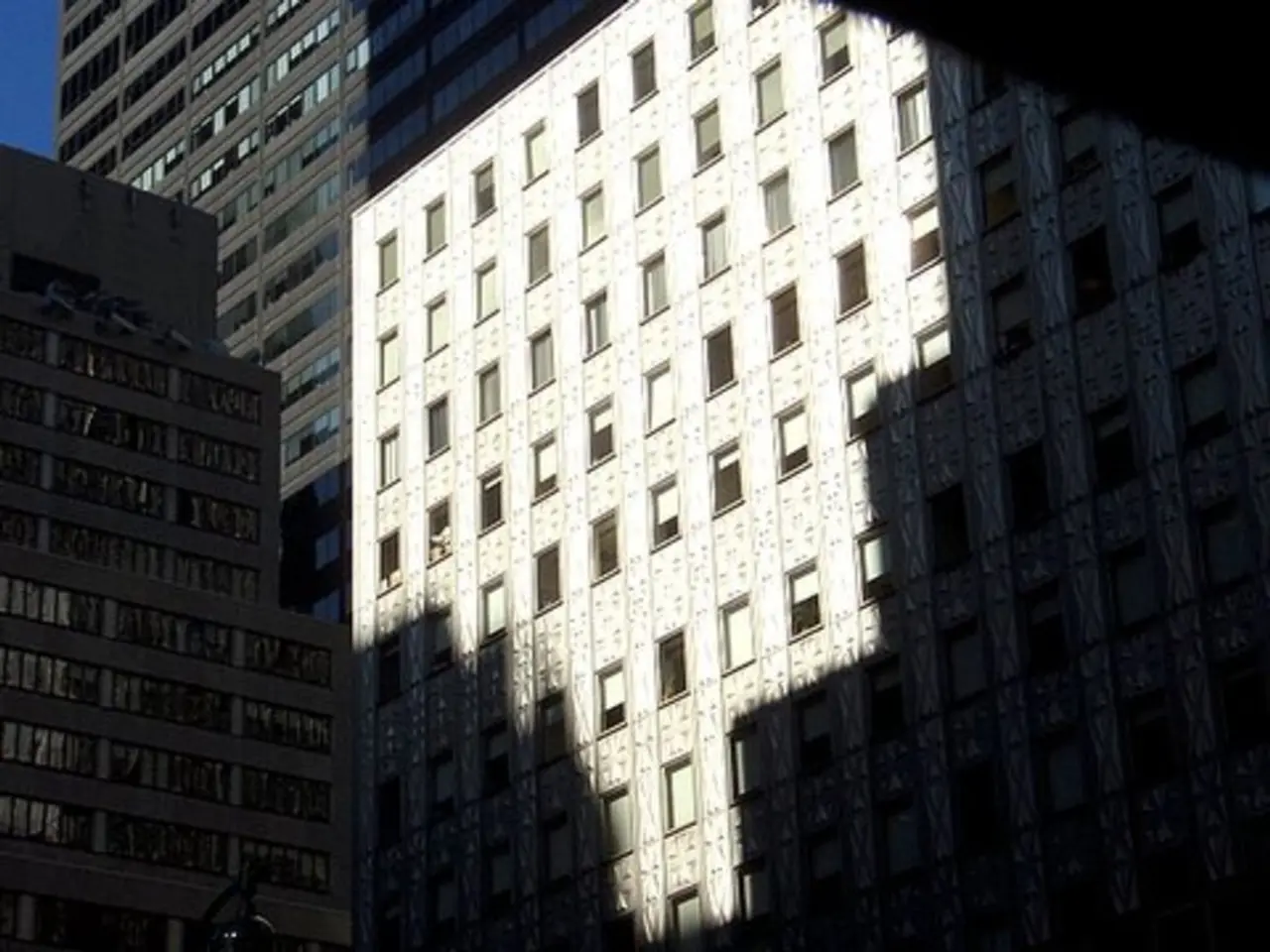Ekaterinburg emerges as one of Russia's leading cities in the new residential estate sector.
In the heart of the Ural region, Yekaterinburg, a city known for its rich history and vibrant culture, has seen a slowdown in housing construction and sales in 2025. According to recent reports, the housing construction rate in the city has decreased by 20% compared to the previous year.
The primary cause of this decline is attributed to acute labor shortages in the construction sector. The reduction in migrant workers from visa-free countries has tightened workforce availability in construction projects across Russia, including Yekaterinburg. This labor shortage is part of a broader challenge in Russia's industrial sectors where foreign labor plays a key role, and the decline in migrants has directly impacted construction capacity.
In addition to labor issues, the real estate market has been affected by economic and financial factors. The end of generous mortgage subsidy programs and tighter borrowing restrictions introduced by the Central Bank of Russia have reduced consumer demand and financing capacity for new apartments, slowing down sales and construction activities.
These factors have resulted in slower housing construction and weakened new apartment sales in Yekaterinburg. Despite this, the total volume of housing under construction in the city is still higher than last year's figures, indicating a persistent demand for new housing despite the challenges.
Despite the slowdown, Yekaterinburg remains a significant player in the housing market. In 2024, the city added 1.7 million square metres of housing to its inventory, ranking it fourth in the housing volume rating behind Moscow, Krasnodar, and St. Petersburg. As of April 2025, the average price per square metre for apartments in new buildings in Yekaterinburg is 165,000 rubles, according to REBURG EKB Telegram channel data.
Interestingly, the prices for apartments in new buildings in Yekaterinburg have increased by approximately 7% over the year, but they are being sold cheaper than originally planned by developers. This could be a strategic move by developers to stimulate sales amidst the slowdown.
It is worth noting that the volume of new projects entering the Yekaterinburg market remains higher than the volume of sales. This suggests that developers in the Ural region have adopted a wait-and-see approach and delayed the start of new projects in 2025.
No direct information on government responses or specific local measures in Yekaterinburg was found in the current search results. However, the government has been working on boosting housing construction in other regions like Donbass and Novorossiya. It remains to be seen whether Yekaterinburg will receive targeted measures to address its current housing market challenges.
In conclusion, Yekaterinburg's housing construction and sales have slowed down in 2025 due to labor shortages and economic factors. The city, however, continues to be a significant player in the housing market, offering affordable new housing options to its residents. As the year progresses, it will be interesting to see how the city navigates these challenges and whether any targeted measures will be implemented to boost its housing market.
The slowdown in Yekaterinburg's housing construction and sales in 2025 can be attributed to both labor shortages in the construction sector and economic factors such as the end of generous mortgage subsidy programs and tighter borrowing restrictions. As a result, investing in real estate in the city might offer affordable new housing options for residents, although the volume of new projects entering the market remains higher than the volume of sales, indicating a cautious approach by developers.








